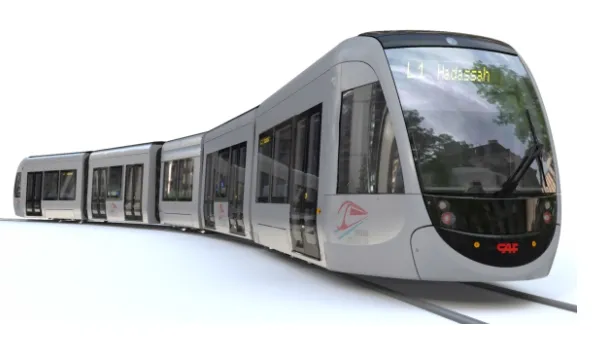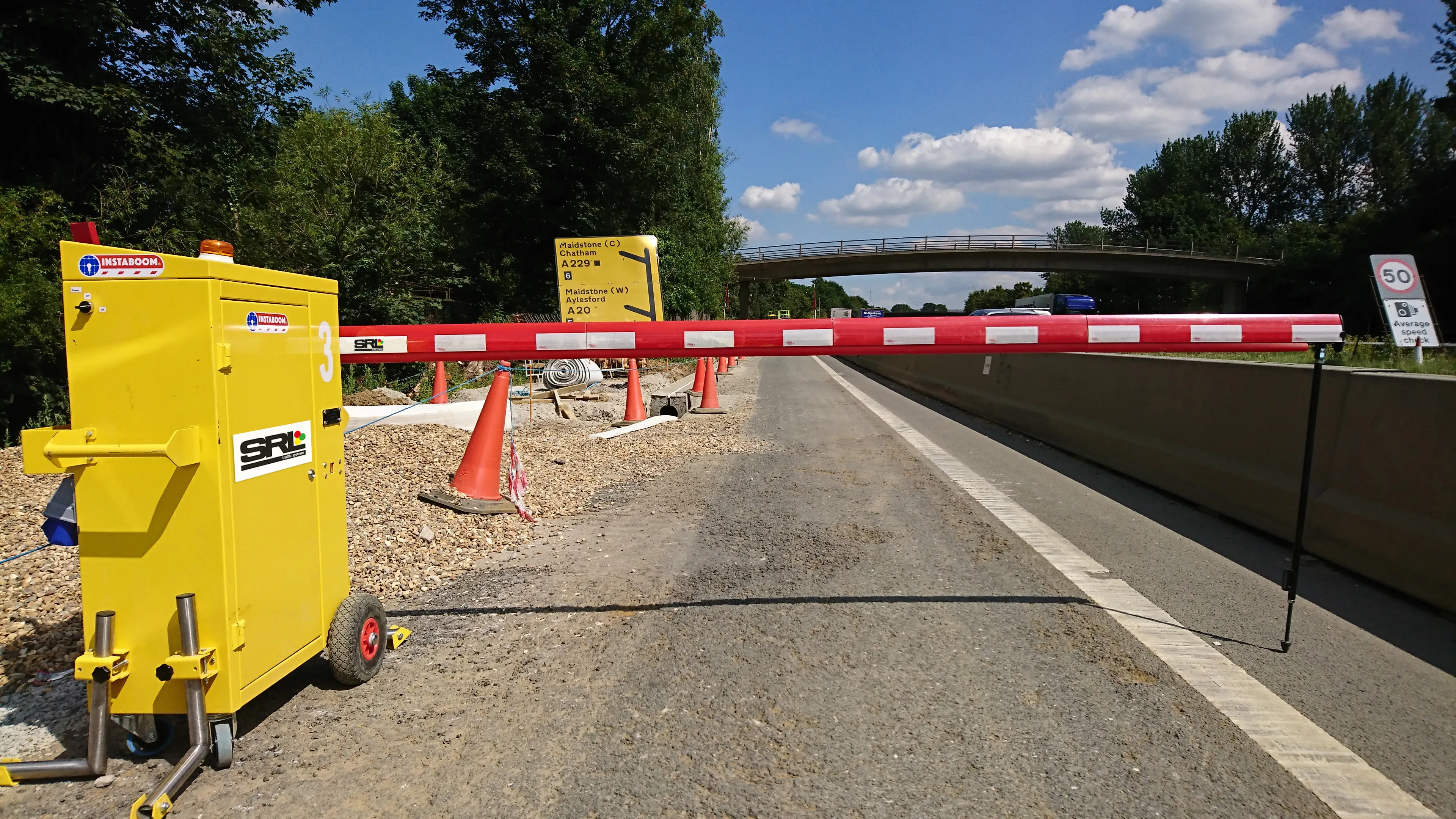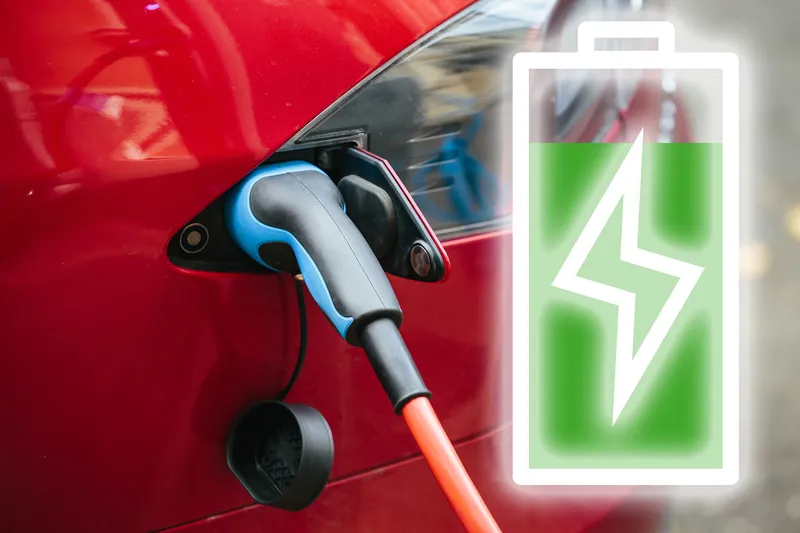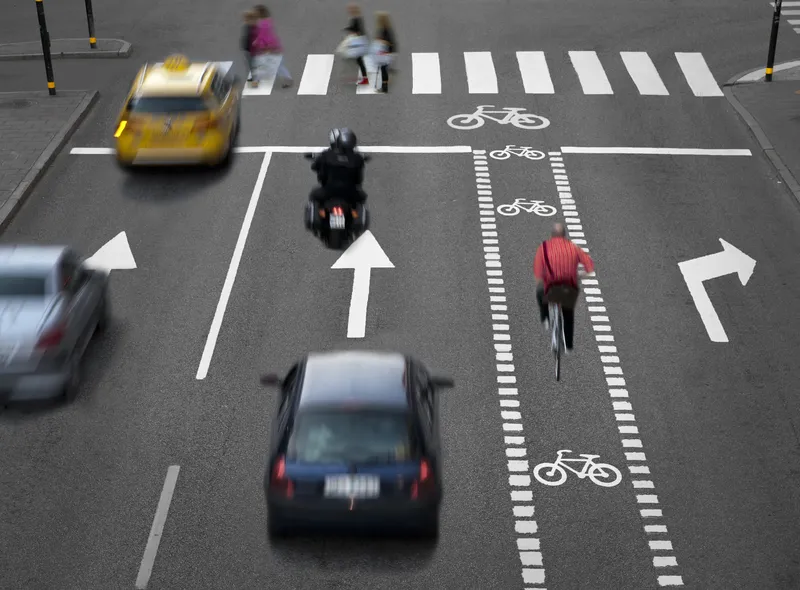
GMV is to deploy its Automatic Vehicle Location System and Depot Management System for the CAF's light rail project in the Israeli city of Jerusalem.
The company will supply both systems on the extension of the red line as well as the green line, which is currently under construction.
GMV's solution will be based on its in-house railway and tram fleet management system SAE-R.
Both platforms will feature the precise fleet tracking, driver communications and information for passengers onboard and in the station.
These functions will be combined with other upgrades such as automatic train operation, dynamic route establishment, crossway priority requests, automatic flange lubrication and tunnel lighting.
The fleet management system will be integrated functionally with a host of external systems in the control centre and onboard.
The four and a half year project – carried out by CAF and Israeli construction firm Saphir – takes in 160 trains and 76 stations.
All the trains will be fitted with in-house onboard units and touchscreens in both cabs plus driver human machine interface.
The company explains the control centre comprises a set of servers in a virtualised environment and a series of workstations that will allow the line operator to ensure smooth service operation.










